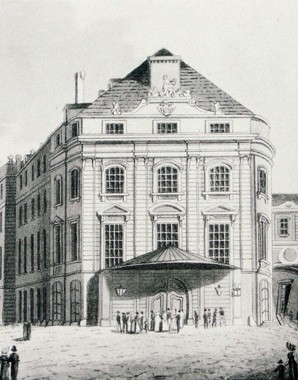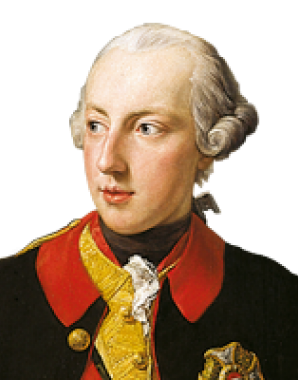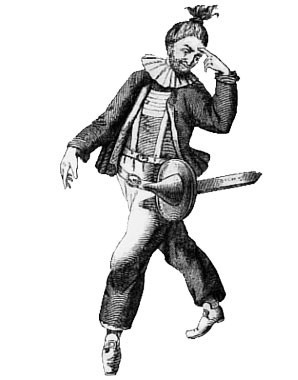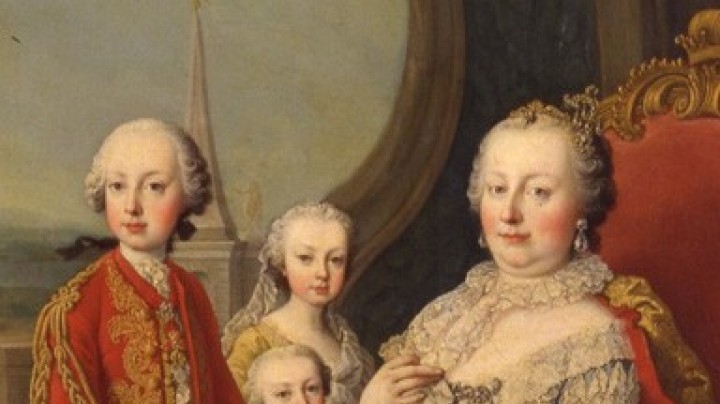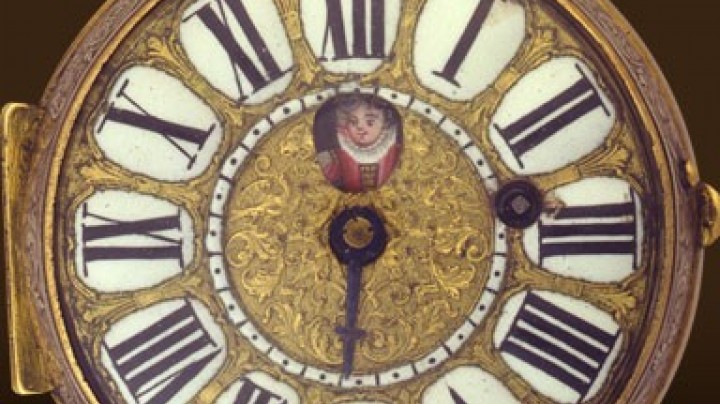Happy endings: a ‘Viennese’ ending for Hamlet & Co.
Romeo lives, and so does Juliet: in the Viennese adaptations, tragedies have happy endings and German Enlightenment plays feature a Hanswurst.
As a result of the reforms introduced by Joseph II the Burgtheater rose to become the most highly-regarded theatre in the German-speaking countries. For the first time Shakespeare’s plays were performed in German, albeit in adaptations written specially for the Viennese stage that were often very different from and somewhat disrespectful to the originals. The Emperor issued a formal instruction that they were to be given happy conclusions known as ‘Viennese endings’ and were not to contain sad scenes (funerals, deaths, and so on) in order to avoid depressing audiences. Plays such as Hamlet or Romeo and Juliet thus had to undergo radical alterations. There is no record of what contemporary audiences thought about this.
Contemporary German classics were not performed in Vienna for some time. Only a few works, for example by Gotthold Ephraim Lessing, were staged and then only in adaptations that were rarely true to the original. These re-workings even included the figure of Hanswurst, whose crude wit was enduringly popular with Viennese audiences.
In the genre of comedy, ever the preferred theatrical fare of the Viennese, Austrian authors were at the fore. Productions starring the popular actress Johanna Sacco were box office hits. Joseph II wrote to his brother Leopold: ‘German comedy with Madame Sacco continues to delight the Viennese, and I enjoy the fruits therefrom, as the box office now shows profits instead of a loss.’
Despite financial success, additional attempts were made to boost receipts by opening a casino in the same building.
After the death of Joseph II in 1790 his theatre reforms, like so many of his other innovations, were revoked. The theatres were leased and once again the entrepreneurs that ran them struggled with financial difficulties. In the case of the Burgtheater, these problems came to an end in 1821, when it was once again returned to Court administration; the Kärntnertortheater continued to be leased out.

